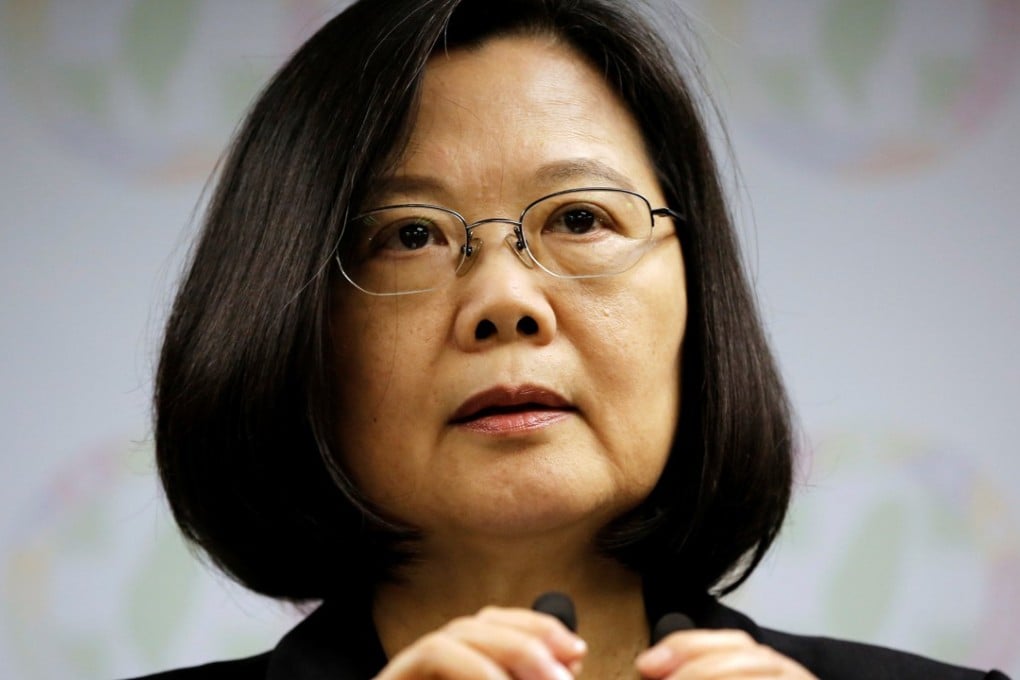Taiwan poll defeat was a message from the electorate for the DPP, but will Tsai Ing-wen heed what they said?
- President played independence and pro-US cards – she lost
- Business relations with mainland take on whole new complexion

Taiwanese President Tsai Ing-wen will have to review her policies in running the self-ruled island, including the highly sensitive cross-strait strategy watched closely by Beijing and Washington, following the crushing electoral defeat of her independence-leaning Democratic Progressive Party over the weekend, analysts said.
Equally significant was whether she should continue to heavily rely on the United States after both the so-called pro-independence and the US cards failed to turn the tide in the local polls, they said.
The DPP lost seven of the 13 cities and counties, including two special municipalities – Taichung and Kaohsiung – in Saturday’s nine-in-one local government elections, while the opposition Kuomintang scored 15 cities and counties, including three municipalities, in a result that silenced the political pundits.
The fall of Kaohsiung has been seen by the DPP as humiliating as it has long been a traditional stronghold for the pro-independence camp.
The surprising outcome prompted Tsai to resign as chairwoman of the party shortly after the elections, with her top aides, Premier William Lai and Presidential secretary general Chen Chu, offering to step down, only to be asked to stay on.
DPP secretary general Hung Yao-fu also submitted his resignation, apologising to supporters for not doing his job well enough and using a “wrong campaign strategy”, which he did not specify.